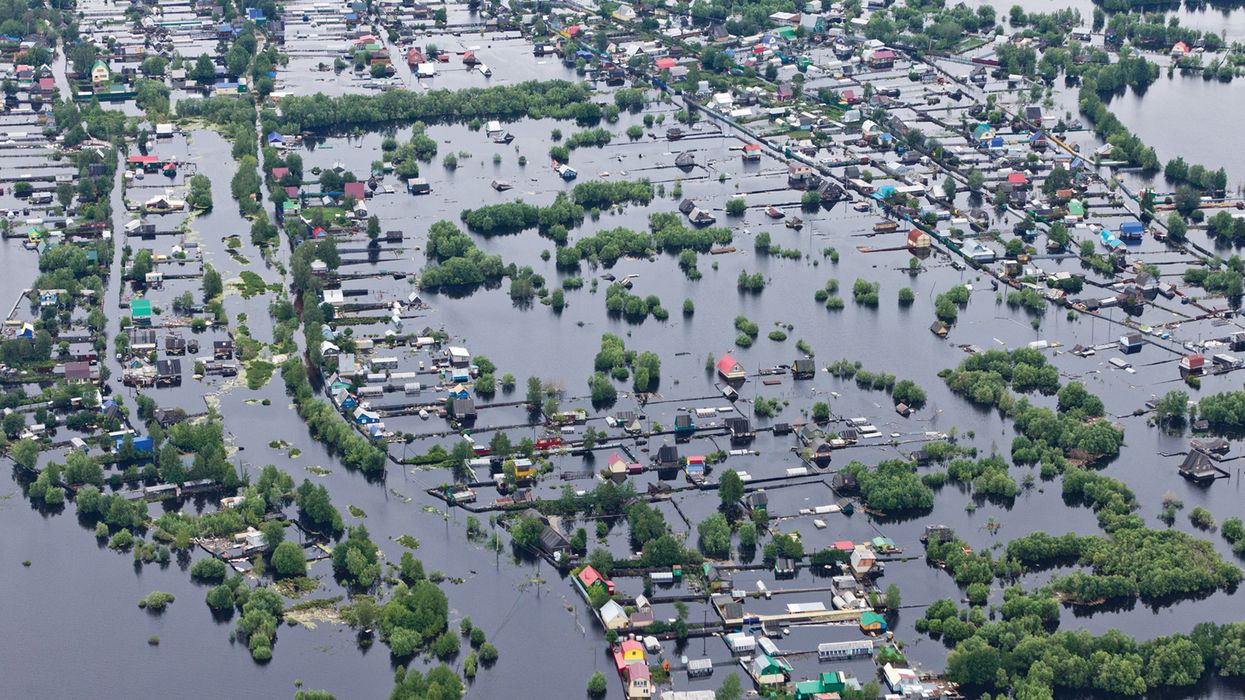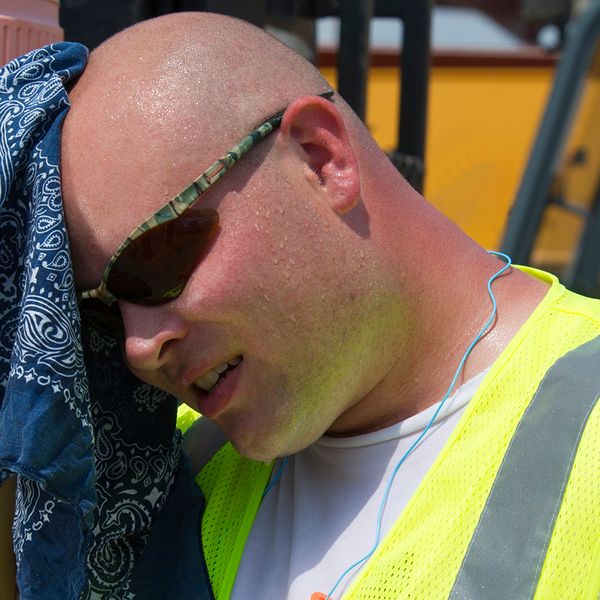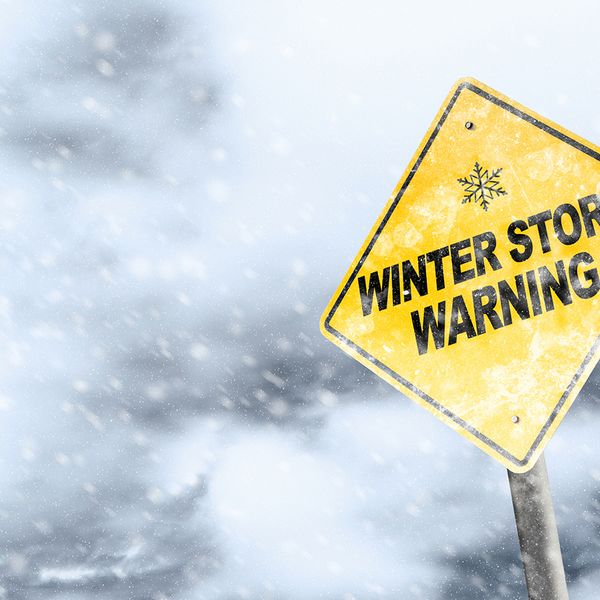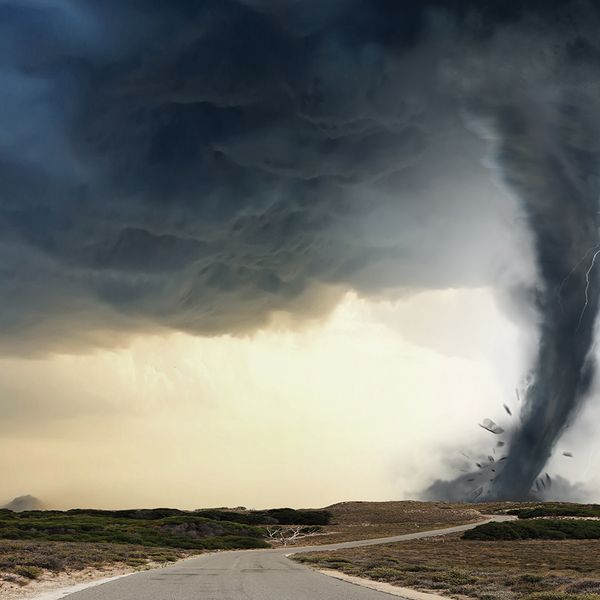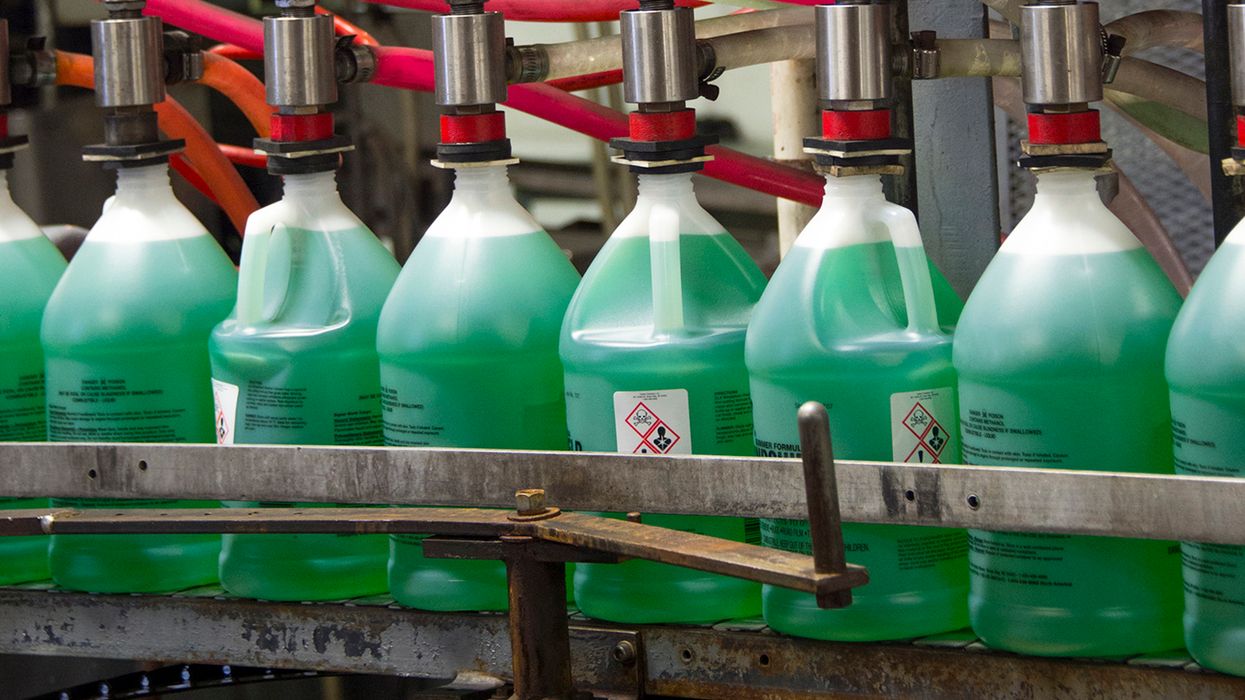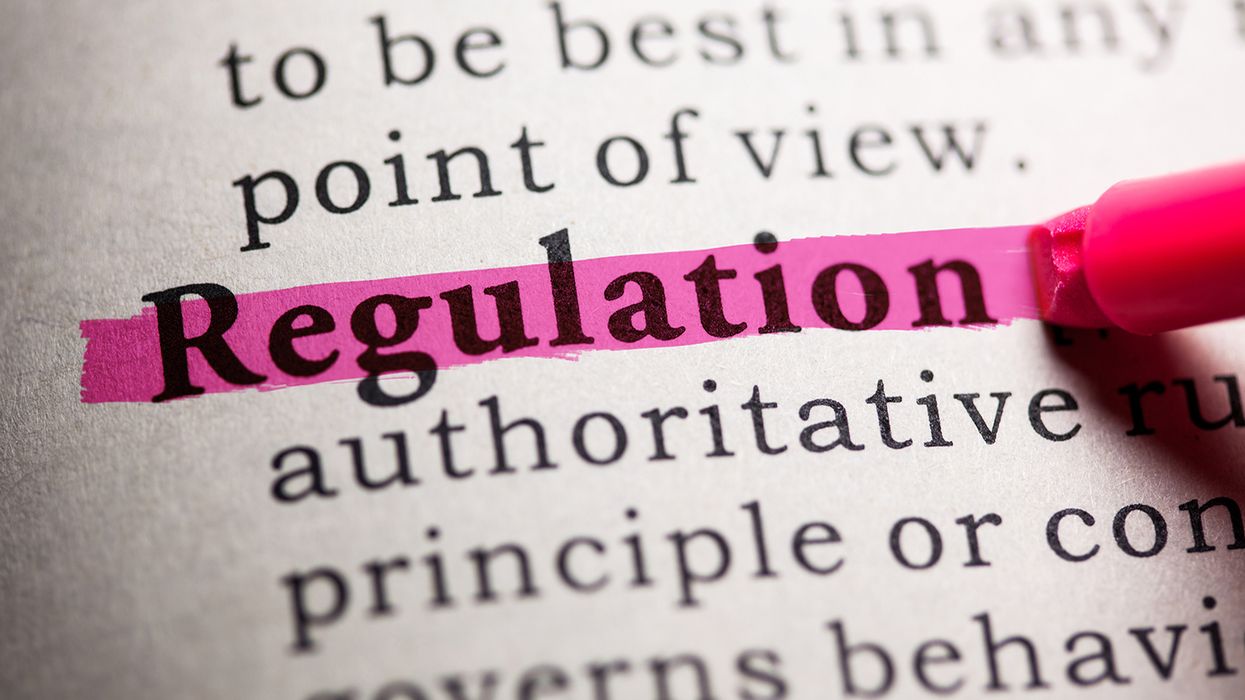Lessons from Ida and other disasters of 2021
Hurricane Ida, which made landfall on August 29, was the second-most damaging hurricane to hit Louisiana. At the same time, parts of the western U.S. were on fire, while the East Coast got more than a smidgeon of Ida’s wetness, and many areas there saw historic levels of flooding. Here in the upper Midwest where I live, we spent spring and summer on alert for tornadoes and experienced damaging touchdowns in a few locations.
No place, it seems, is safe from severe weather. When hurricanes, floods, tornadoes, and wildfires strike, employers should keep the following in mind:
Communication is key. Communicate office hours and any work schedule modifications. Let employees know how (and how often) to check in with supervisors. Share information about schedule flexibility or remote work options. Of course, an employer should notify employees if the business must relocate.
Some of your workers may be called up. A natural disaster may mean some employees will be called up by the National Guard or Reserves to help in recovery efforts, and employers must comply with the requirements of the Uniformed Services Employment and Reemployment Rights Act (USERRA).
The rules still apply when it comes to compensation. The federal Fair Labor Standards Act (FLSA) requires employers to pay nonexempt (hourly) employees for all hours worked. Employees must be compensated their regular wages for the days leading up to a natural disaster. However, employers are not required to pay nonexempt employees if they are off work because their worksite is unusable due to a disaster. Nonexempt employees could use accrued paid time off, if available.
Also know that the FLSA does not allow employees to “volunteer.” Any work performed for an employer must be compensated. So, if hourly employees work overtime baling water or picking up debris, they must be paid for that time.
An exempt employee must be paid their full salary if a business is closed for less than a full workweek. Employers may require exempt employees to use unpaid or accrued paid leave for full workweeks. But if the business is closed for the full workweek, an employer is not required to pay exempt employees for that week.
Employee pay must be timely. If a disaster delays paying employees on time, the employer must make payment as soon as practicable to limit liability. Using direct deposit is a good way to ensure timely payments regardless of weather.
I hope the weather calms down as the country recovers from the calamitous summer. Between natural disasters and the pandemic, I think we could all use a little break ... at least until the snowstorms start.

